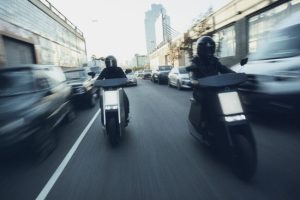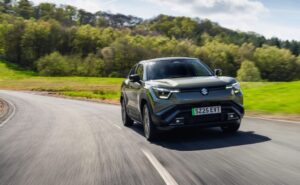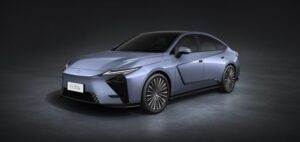Vodafone announced it’s accelerating plans to convert its nearly 1,000-vehicle fleet to electric cars, moving the deadline up a full year to 2026.
The telecommunications company originally set 2027 as its target when it first announced the electric transition in 2019. The fleet conversion supports Vodafone’s broader goal of reaching net zero emissions by the end of the 2020s.
Working with fleet partner Arval, Vodafone used driver education seminars and EV test drive events to speed up adoption. The company also switched to an electric-only vehicle list in 2021, eliminating petrol and diesel options entirely.
“With the help of Arval UK, we adopted a very structured approach to electrification, looking at everything from detailed whole life cost modelling through to regularly meeting with manufacturers to ensure the latest electric cars meeting our needs were available,” said Craig Login, Vodafone UK property contract manager.
The educational component proved essential to winning over employees.
“The role played by Arval UK in educating our drivers, covering factors such as taxation, charging and range, has been a crucial element. We couldn’t have made this transition happen so quickly unless we won the support of our staff.”
Salary Sacrifice Scheme Drives Adoption
Login highlighted Vodafone’s salary sacrifice program as another key factor in the accelerated timeline. The Arval-designed scheme lets employees access electric vehicles through payroll deductions, creating tax advantages.
“This programme provides a benefit for employees by offering a financially efficient way to access 100% electric vehicles,” Login explained.
Vodafone also installed high-power charging stations at all its UK office locations – addressing what many consider the biggest barrier to fleet electrification.
The Arval Observatory found that 41% of fleet operators cite insufficient public charging infrastructure as their primary concern. Another 39% reported employees lack home charging options.
Despite infrastructure challenges, driver satisfaction remains high once the switch happens. A June survey by EVA England found that 91% of drivers who switched from petrol or diesel cars to electric vehicles wouldn’t go back to internal combustion engines.
The telecommunications giant’s accelerated timeline puts it ahead of many corporate fleets still planning their electric transitions.





